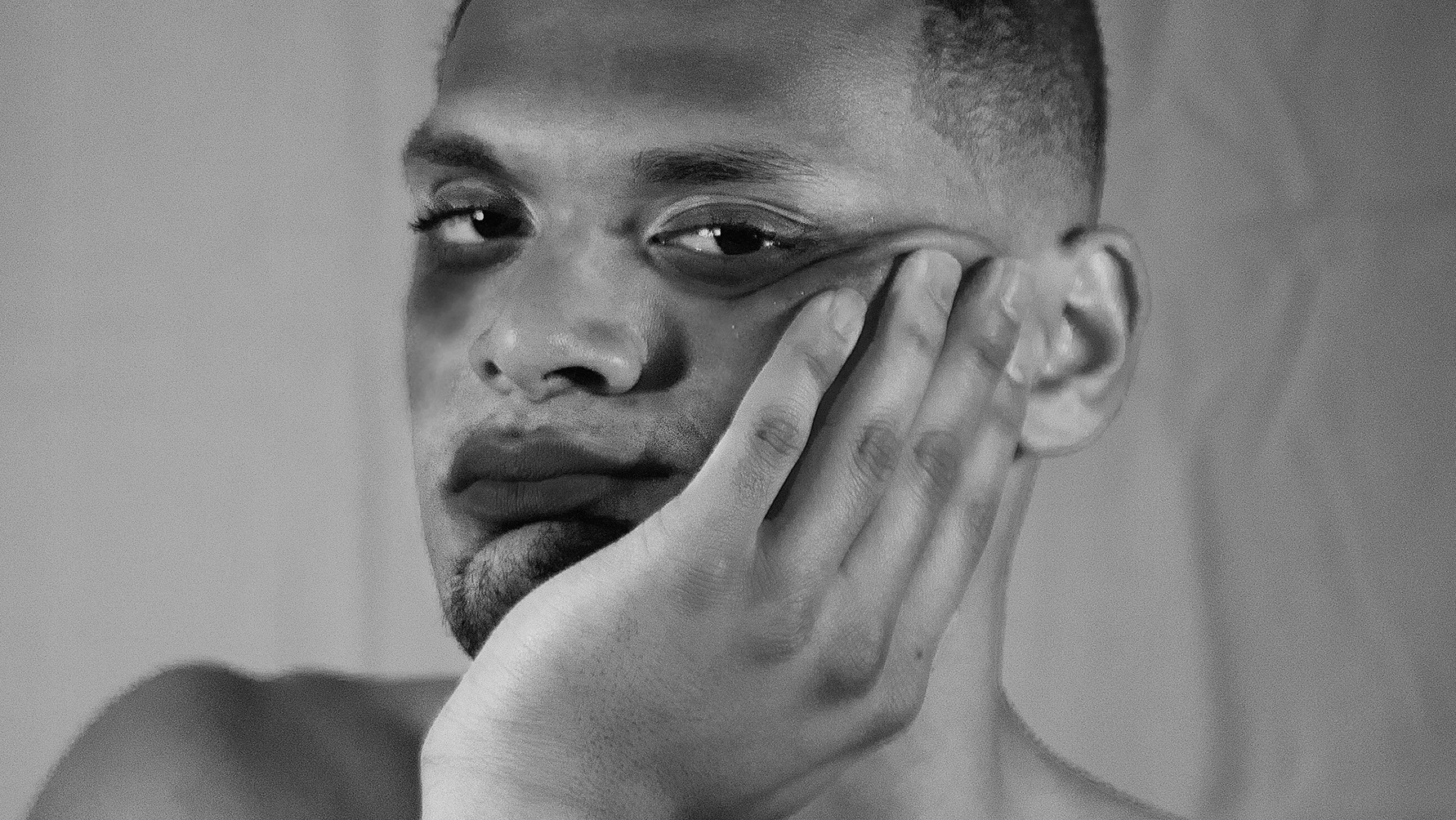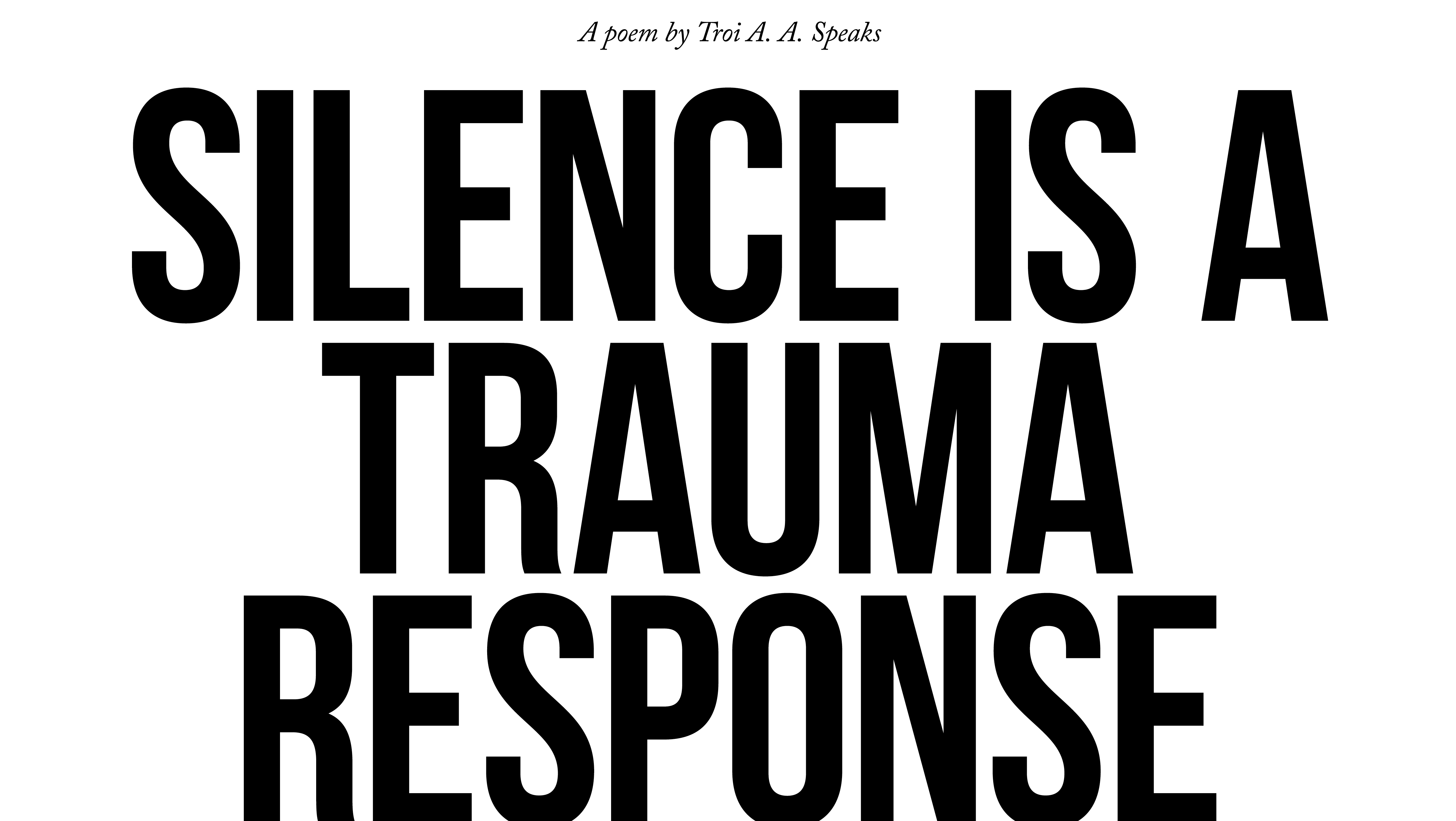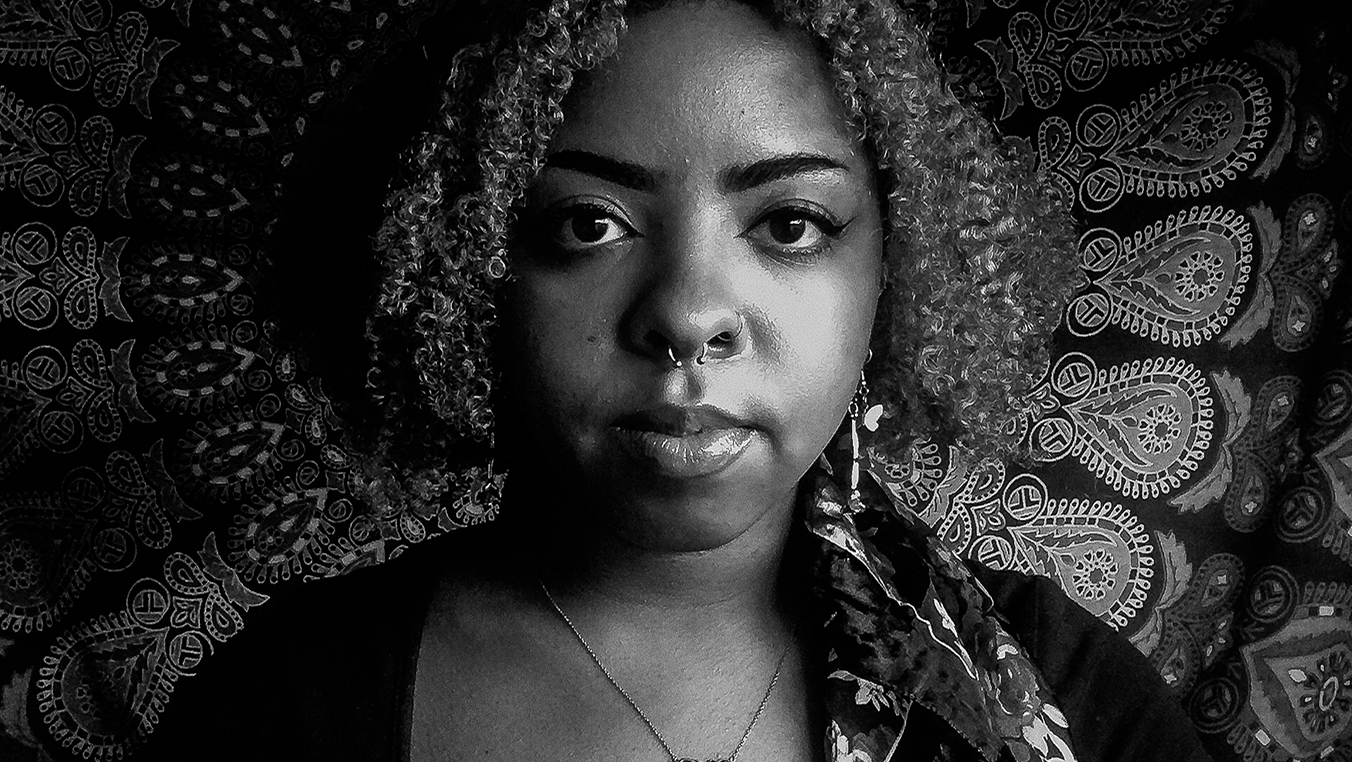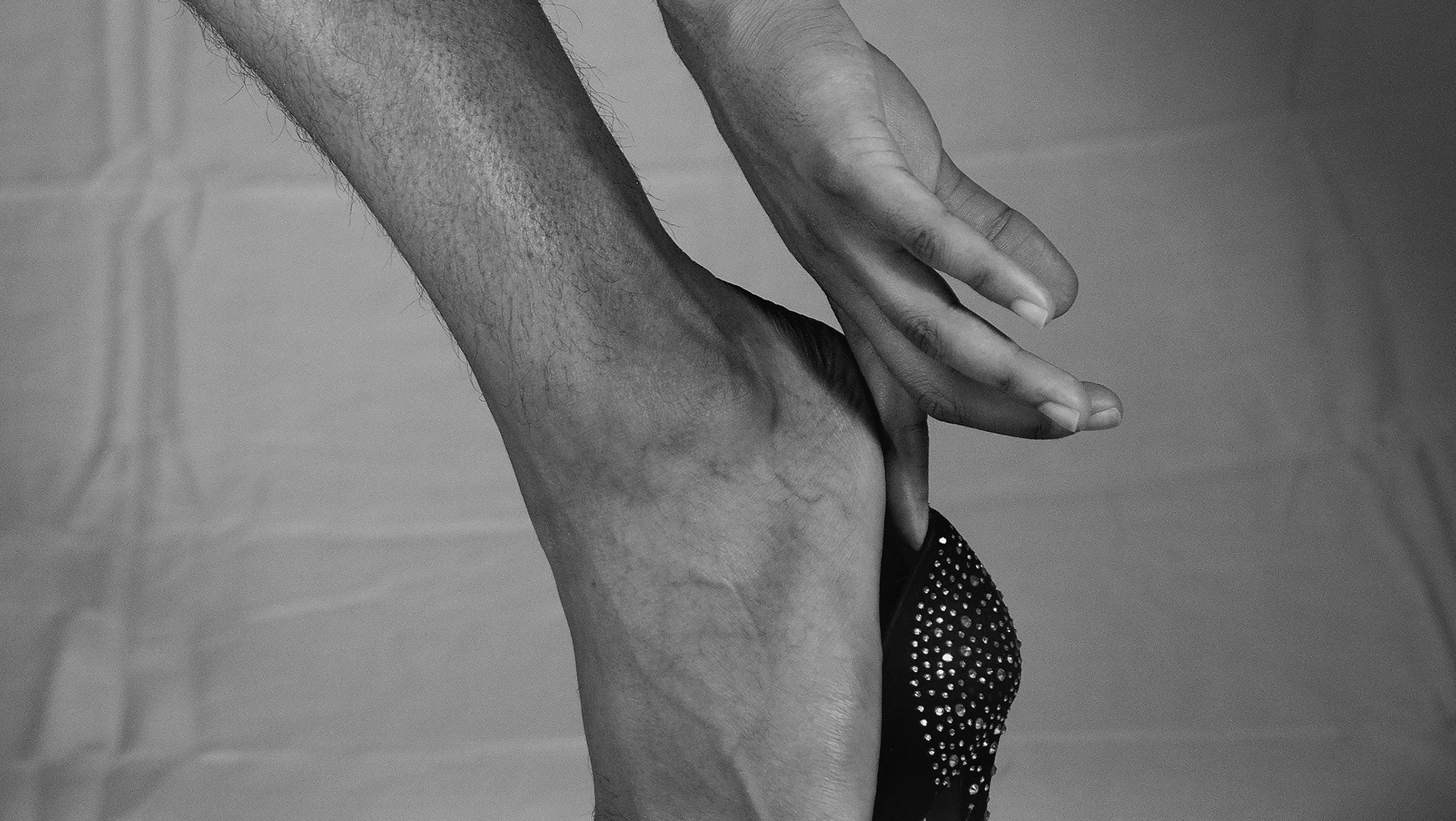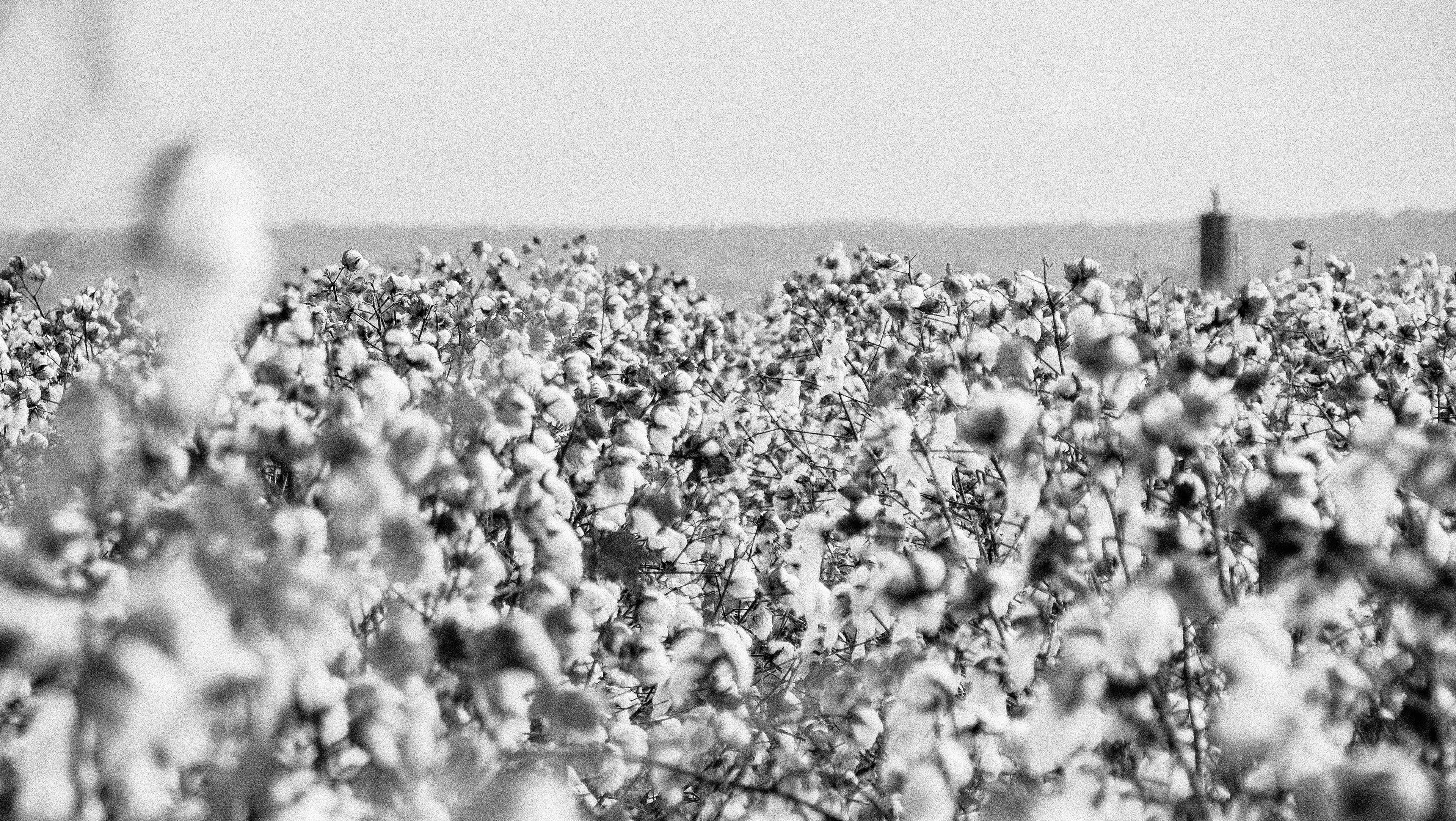Folxlórico is an inclusive dance organization spreading awareness of Méxican culture through expressive performances and community engagement. They’re a family developing an understanding of Méxican tradition through cultural emergence.
The group provides an authentic experience of traditional customs and styles associated with regional dances. Although folklórico is derived from a Méxican background, the organization empowers everyone and does not conform to the roles of society. People of any ethnicity, size, shape, gender and sexual orientation are welcome. The group emphasizes inclusivity and exercises caution to not alienate anyone.
Folxlórico exposes the University of North Texas to the richness of Méxican tradition while simultaneously promoting the diversity of its ethnic groups. The organization has already done much within its first year by participating in many events that aided the expansion of its image both on and off campus. Members hope to make the organization greater not only in numbers but by participating in larger events and competitions in order to spread awareness of their culture nationwide. Folklórico is defined as traditional dancing from various regions of México. It is significant not only because of the strong cultural upbringing but it is spread through a beautiful art form — dance. There is a wide variety of styles with each region having its own form of folkloric dance and regalia.
“Folxlórico is unique as they challenge themselves as well as others to express the Méxican culture in a tedious art form that takes time to learn & perfect.”
Baile Folklórico — folkloric dance — is a collective term for Latin American dances emphasizing traditional Méxican folk culture (Ballet Folklórico de Dartmouth). Folklórico owes its inception to Amalia Hernandez who started her dance company in the 1960s with a small group of dedicated performers. Given the synthesis of cultures in each region, elements from all ethnic groups are combined to produce a language of movement that captures and expresses Méxican cultural heritage. Folxlórico hopes to have an everlasting, positive influence on the people who join and the Dallas/Fort Worth community as a whole. Although they aren’t the only Hispanic/Latinx organization on-campus they are the first dedicated to folklórico. Folxlórico is unique as they challenge themselves as well as others to express the Méxican culture in a tedious art form that takes time to learn and perfect.
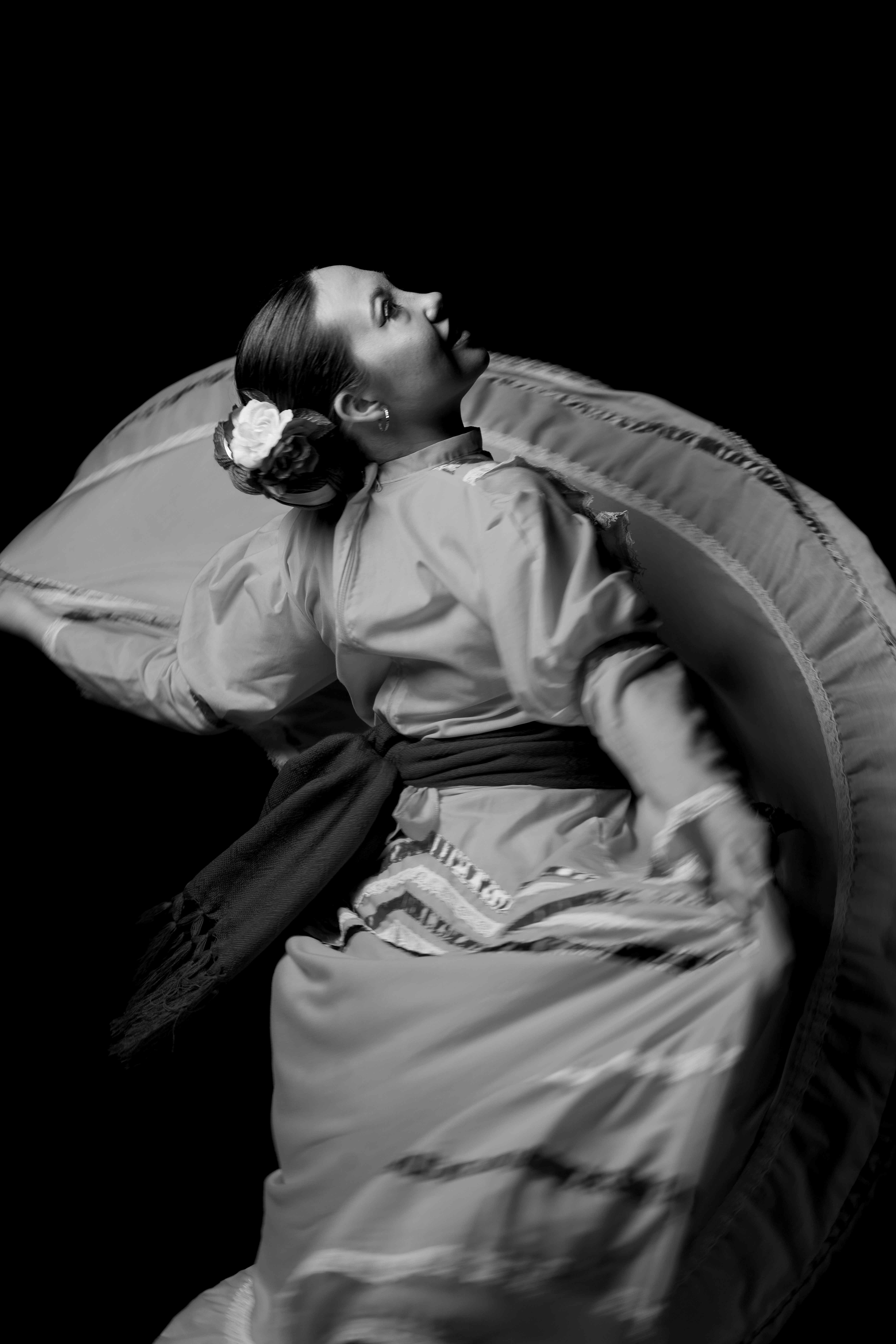
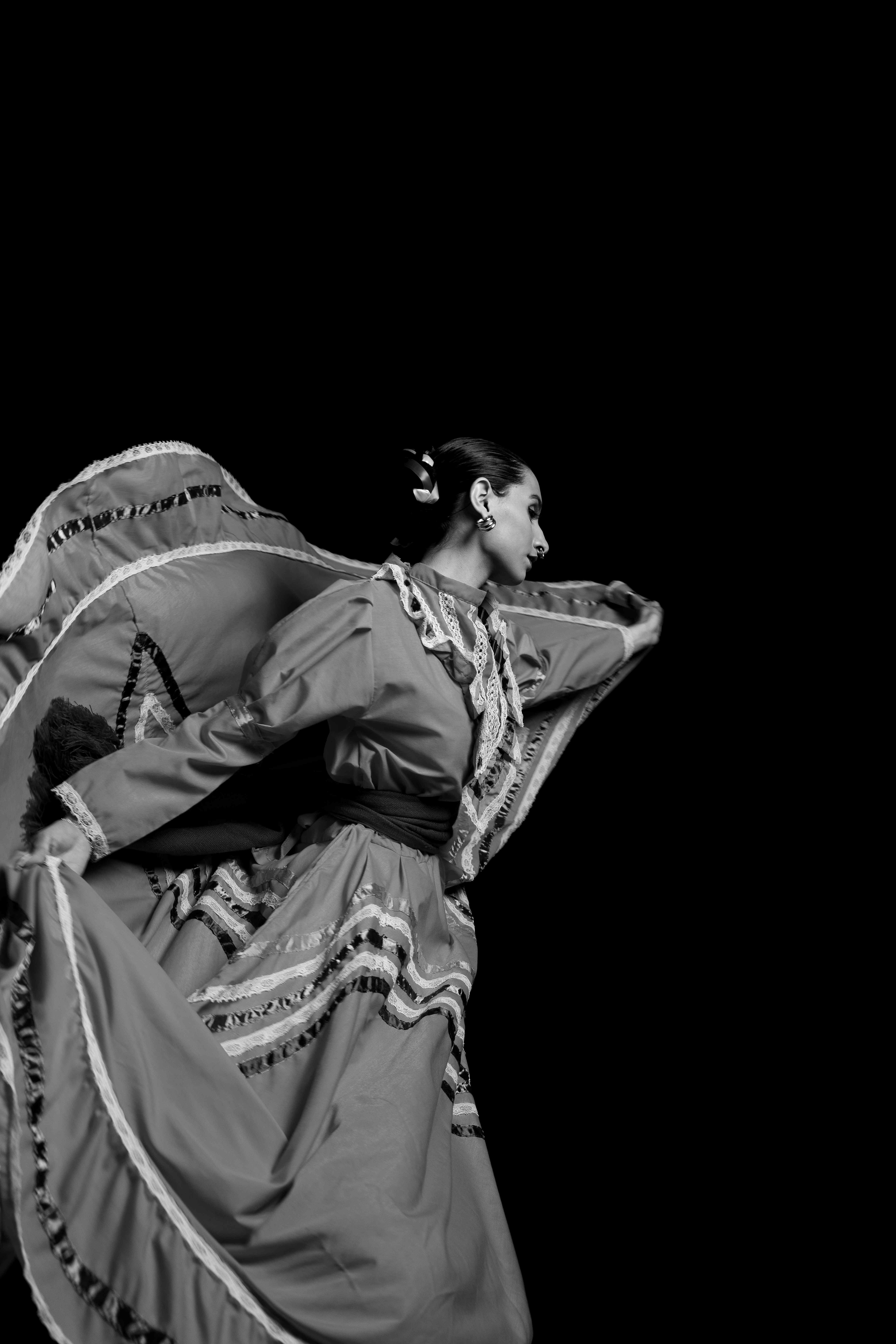
The organization’s largest supporters are the members themselves. The group is as a familial community that not only makes each other better dancers but better people. Traditionally, folklórico is gender normative as many dances have specific roles for men and women. Folxlórico is non-conforming and does not discriminate based on social norms including ethnicity, sexual orientation, cultural knowledge, etc. Through cultural emergence, traditions are respected yet re-evaluated. This open-minded approach celebrates the inclusion of everyone and anyone. Inserting the “x” conveys gender inclusivity as the “x” signifies neutrality. Folxlórico avoids reinforcing the gender binary and redefines plurality. This was inspired by the term “Latinx,” which emerged to neutralize heavily gendered Latin languages. This supports the organization’s mission of not conforming to traditional social norms.
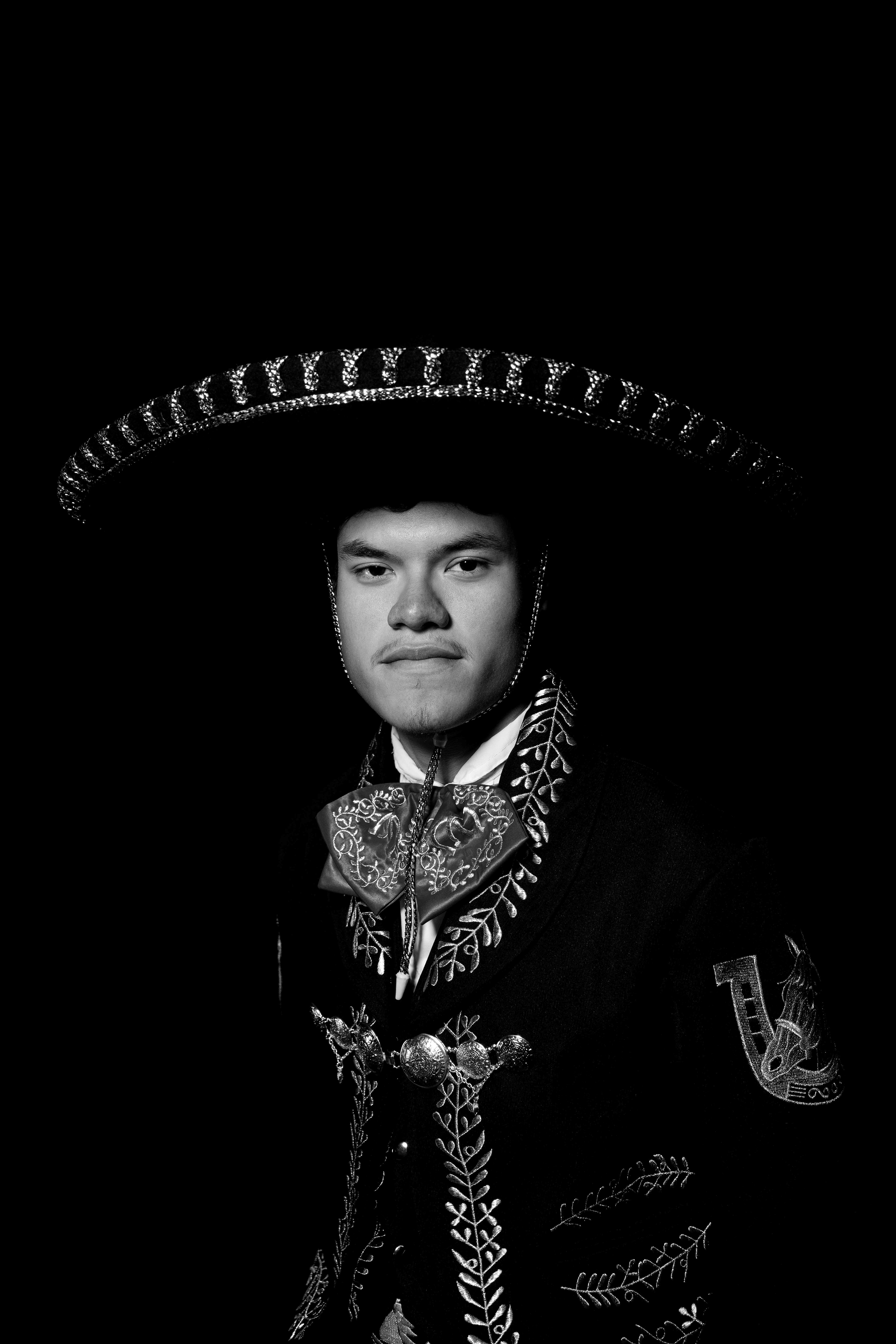
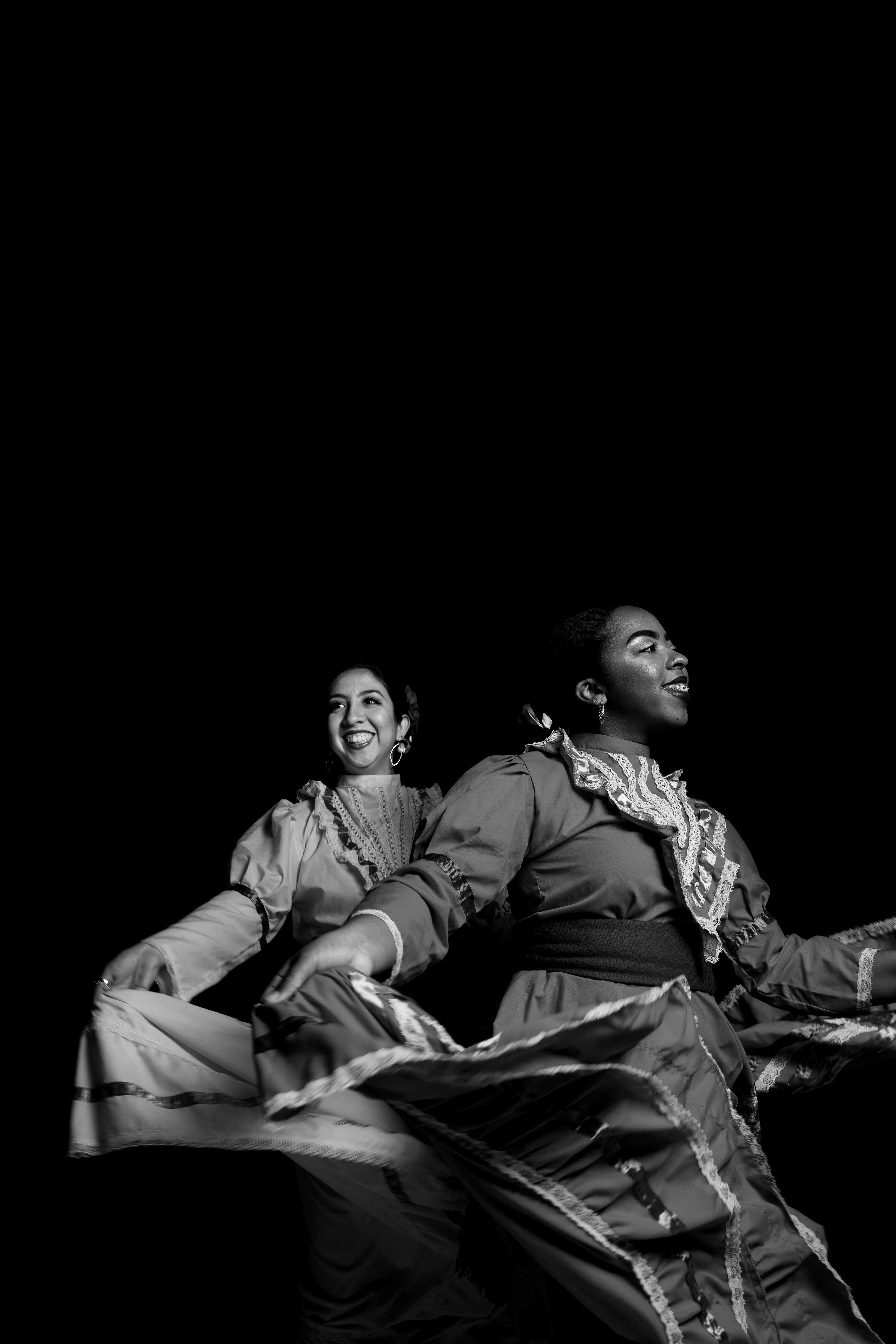
Movement for All has the ability to be perceived as dance movement for anyone but also as a social movement — raising awareness of the cultural, ethnic, and educational significance of Folxlórico on and off campus. They encourage members to participate in social events to further the development of interpersonal communication. This has helped many members of Folxlórico to emerge from their shells and heightened confidence in their culture as well as education. Most importantly within themselves.
Performing arts have a great influence within many industries and society sectors. The Arts and Culture Industry generates $5.1 billion for the economy of Texas and contributes nearly $320 million in state sales tax revenue annually. This impact on the statewide economy has grown steadily since 2003, increasing 24.6% over the past 10 years. Students who engage in one or more academic art classes and activities have up to 15% higher pass rates than students with fewer arts engagements. At-risk high school students who complete more than one art class are half as likely to drop out. In a statewide survey, 80% of Texas voters support increased funding for the arts in schools (Texas Cultural Trust).
“Movement for All [is a] dance movement for anyone but also as a social movement — raising awareness of the cultural, ethnic & educational significance of Folxlórico on & off campus.”
Engagement is extremely valuable with both on-campus and off-campus communities. There are many students — even young children — who don’t openly express an interest in their heritage or cultural traditions, especially to those outside of their ethnic circles. The organization’s off-campus engagement includes making impactful relationships with the younger generations — high schoolers, middle schoolers, elementary, preschool, and the local school board. This will hopefully increase confidence and encourage younger generations to participate. Also, the group aims to collaborate with neighboring groups including the Folklórico organization at Texas Women’s University to host large fundraising events and performances.
Folklórico is not as highly visible in the United States as it is in México. Academic programs and institutions don’t shine a scholarly spotlight on cultural dance. Folklórico has often been overlooked, even dismissed as folklorismus — commercialized folklore for tourist consumption (Ramírez). Folxlórico is a culturally relevant and important student organization that has gone unrecognized on a campus that prides itself on ethnic diversity. The campus body goes without sensitivity and genuine understanding of the many cultural practices it promotes.
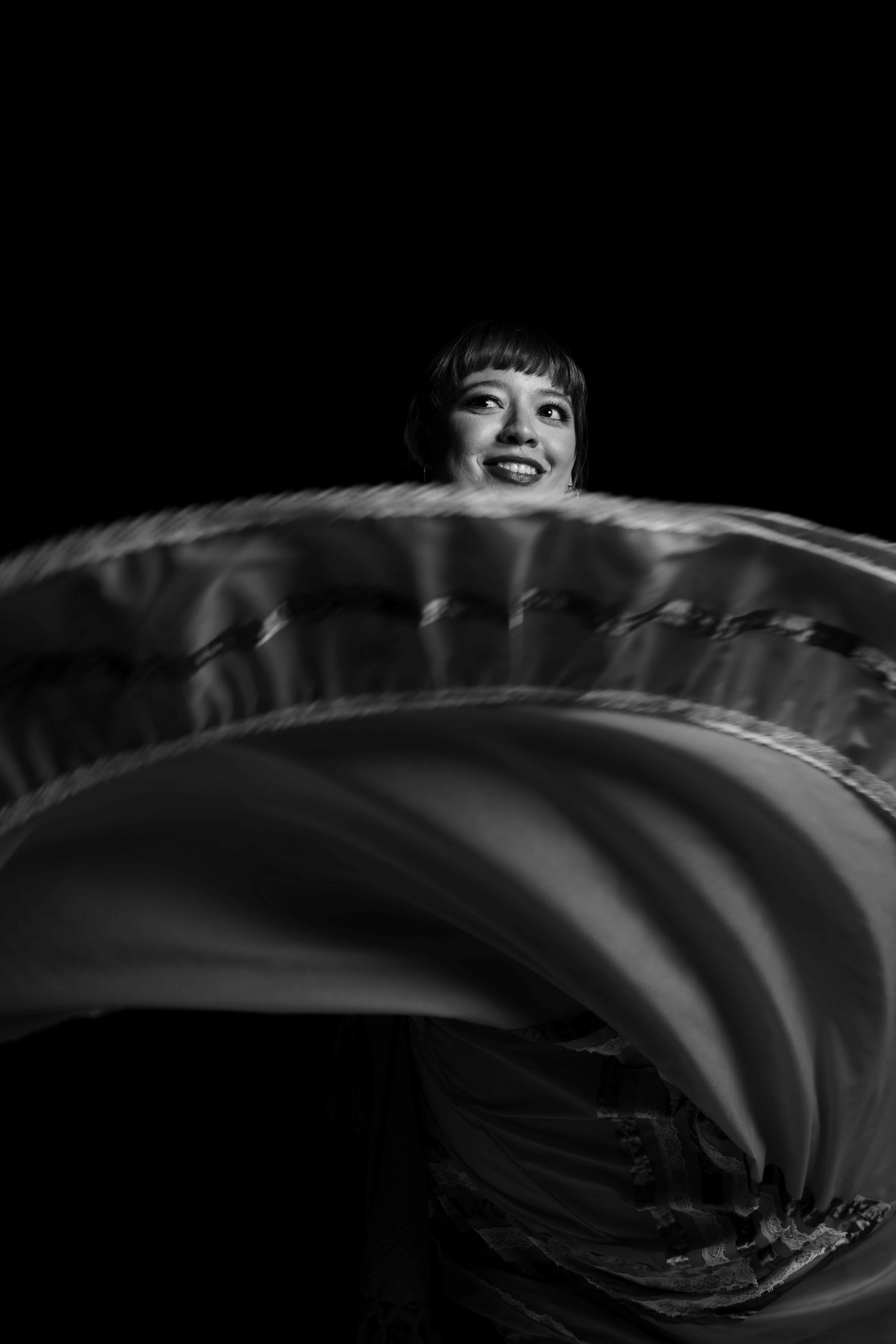
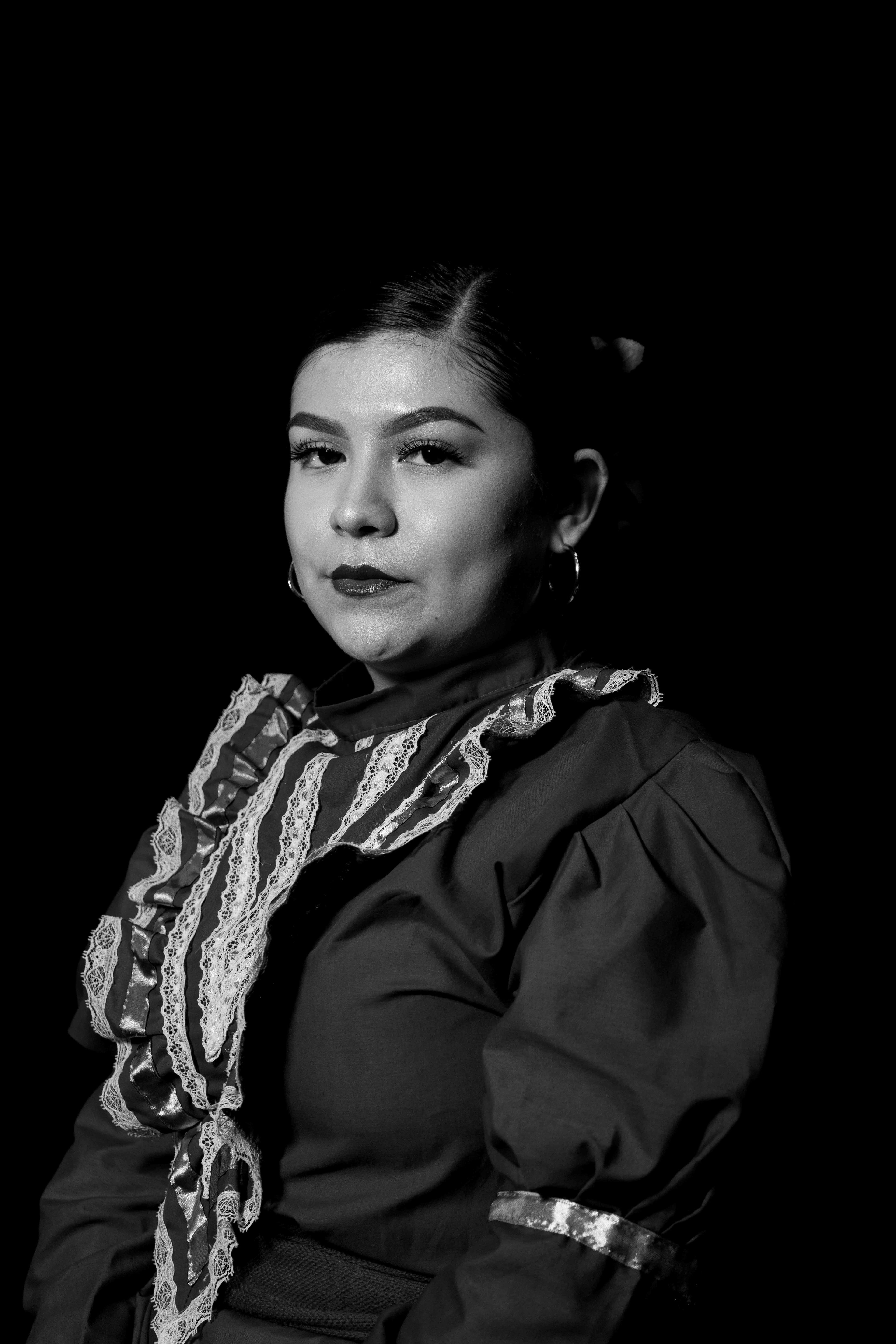
Folxlórico lacks any kind of donor loyalty and sponsors, even sporadic support. With that said, funding is one of the biggest issues as without it, the group is unable to afford instruction or garments. Garments are another problem as having well-constructed pieces for full movability is imperative to properly learning and performing the dances. Despite the group still dancing at events, current regalia doesn’t allow for maximum expansion or movement. This is restrictive on proper training and performing. Although the organization has been getting by without a professional instructor, future funding can provide access to one or even training with other groups. As of now, officers act as instructors but maintain authenticity in the performances by researching where dances derive from and learning the history of those specific regions in México. Having a dance director with years of experience will expand the group’s techniques while building knowledge about the culture and art form.
Through historically significant dances, Folxlórico utilizes emergent culture that brings into light new meanings, values, and practices of Méxican tradition. In collaboration with music, folkloric dance represents itself as a captivating practice that characterizes the soul of the people. This instills a sense of cultural confidence while promoting cooperation and communal solidarity.
Folxlórico is recovering control over their own cultural traditions and reinvesting them with new significance. The presence of this organization is pertinent, especially on-campus as it indicates higher education is possible for marginalized voices who can receive positive cultural reinforcement within a non-discriminatory safe space. They celebrate their culture while advocating for movement for all. Folklórico is just as or even more artistic than culturally elitist art forms including ballet that get put on a pedestal by privileged individuals throughout society. They’re not other. They’re beauty. They’re valuable. They’re needed. They deserve respect, recognition & representation. This is Folxlórico! ■
REFERENCES
Ballet Folklórico de Dartmouth, The History of Folklórico
Ramírez, Olga Nájera Social and Political Dimensions of Folklórico Dance: The Binational Dialectic of Residual and Emergent Culture, Western States Folklore Society, January 1989
Texas Cultural Trust, Invest In the Arts
ABOUT FOLXLÓRICO
FOLXLÓRICO is a student-led, cultural dance organization whose main mission is to develop an understanding of Méxican folkloric dance through cultural emergence, while creating a safe and inclusive space for all. They have participated in a numerous of on and off-campus events throughout their three years since establishment, gaining recognition and recruitment within the Denton area. The organization also prides themselves on their partnership with Lake Dallas Elementary School, where the members teach students from kindergarten to fifth grade the importance and art that is folklórico. Find FOLXLÓRICO on Twitter, Instagram & Facebook.
ABOUT THE AUTHOR
Mark Baker-Sanchez is the founder & Editor-In-Chief of DONE. Aside from advocacy through design, he works as a Strategy & Design Coordinator at Jun Group and enjoys reading oversized coffee table books, geeking over typography, doing yoga and buying new trench coats. Find him on Instagram, LinkedIn & discover his portfolio here.
ABOUT THE PHOTOGRAPHER
Jazmín Ramirez is a freelance photographer and coffee professional. She currently works for Gifted in Fort Worth, TX where she styles & photographs numerous products from small makers. On her down time, you can find her making a tasty pour over at home and finding new inspiration from her favorite Kinfolk magazine. Follow her on Instagram.


